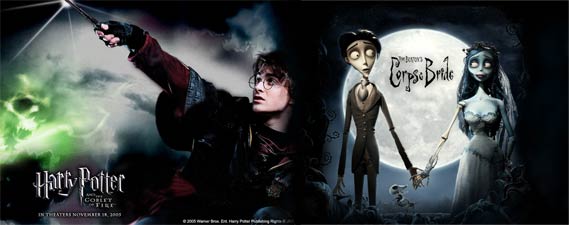Bureau Services




CEDAR Audio opened the world's first commercial audio restoration studio in February 1989. Initially operated out of offices owned by Cambridge University, the Cambridge Sound Restoration studio (CSR) shared space with the research & development and the sales departments within CEDAR Audio. Nevertheless, it immediately proceeded to restore important recordings such as PRT's re-issue of Holst's The Planets, a 20 CD box set celebrating the 100th Anniversary of Denon Columbia, and numerous jazz and blues series for Columbia Records.
In January 1991, the company moved to larger premises and expanded its restoration and pre-mastering facilities. Further projects were undertaken for the likes of A&M Records, Trojan Records, CBS, EMI and BMG, and the company extended its operations into the worlds of TV and radio broadcasting.
By this time, all the processing modules within the CEDAR system were operating in real-time so CSR was able to process a much greater volume of work than before. Furthermore, the synergy with CEDAR's DSP engineers and system developers ensured that the systems were always optimised for real audio requirements, retaining the look and feel of an audio system rather than a piece of complex computer engineering. Evidence of the interaction between the audio world and CEDAR's R&D can be found in one of CEDAR's most important processes: the Phase/Time Corrector. This module was a direct spin-off of the development work required to restore the Genesis Three Sides Live video for BMG Video, and it later led to the AZ-1 Azimuth Corrector and various Phase and Azimuth Corrector modules. Other important video restorations carried out during this period included the soundtrack to Elton John's Two Rooms video, The Who's The Kids Are All Right, plus the videodisc and CD of Lionel Richie's Back to Front. These were milestones in the development of audio restoration - proving once and for all that its uses far exceeded the bounds of the classics, blues and jazz recordings of the first half of the 20th century.
Meanwhile, CEDAR Audio was expanding its range of hardware and software products, and the company's customers were winning awards and commendations for their audio restoration work. Numerous Gramophone awards and Grammies were won by the likes of Mike Dutton and Andrew Walter at Abbey Road Studios and by Bill Lacey's Digital Sound and Picture company working for BMG Studios.
In January 1996, CEDAR Audio moved again. Now occupying ten times the area of its original offices, the company expanded its range of services still further. In particular, it added sophisticated editing capabilities using the latest SADiE and Pyramix workstations, and started offering CDR reference copies. In 1996 the studio also became more involved with the world of audio forensics, assisting a number of police forces and legal agencies with their investigations. One particularly high profile restoration required the cleaning of recordings relating to the O J Simpson affair.
In May 1997 the studio undertook another 'milestone' job: real-time de-noising of the live TV broadcast of the British General Election. This allowed the news service to broadcast direct from the atrium of its London headquarters without the attendant traffic noise, air conditioning, and general background rumble often associated with transmissions of this type. The project led to an increased awareness of CEDAR in the worlds of TV and audio post, and the company was soon offered a wide range of post-production jobs, including a number to remove video camera noise from recordings. These requests led to another dedicated CEDAR module: Debuzz. The first CEDAR product designed specifically for film, TV and post, this demonstrated yet again the benefits of operating an audio studio alongside a research and development facility.
The studio proved invaluable once more when, in 2000, CEDAR Audio undertook the development of the DNS1000 Dialogue Noise Suppressor. Again a direct consequence of customers' needs, this quickly became a common sight in post and dubbing studios worldwide, and its developers later received an Academy Award® for services to the movie industry. Its successors are now the standards in film and TV post.
In 2000, CEDAR Audio moved to its current premises. With improved access from all directions (the main A11 trunk road is just two miles away) it was now more accessible for many of our customers, for whom we continued to restore recordings for CD mastering, DVDs, movies, TV, and radio. Projects have included cleaning up the tapes for re-releases by some of the biggest bands in the world, as well as elements of the soundtracks and scores for the Lord Of The Rings and Hobbit movies, the Harry Potter series, the Spiderman series and many others.
Nowadays, CEDAR products can be found almost everywhere where restoration, noise suppression and speech enhancement are needed so, after more than 30 years, we closed the bureau service to general customers in 2023.







